Covid vaccines were heralded as a "scientific miracle," instrumental in saving an estimated 475,000 lives in the UK alone, according to research by the World Health Organization (WHO). They were our beacon of hope for a return to normalcy after months of lockdowns and restrictions. Yet, in a striking paradox, the years since have seen a significant decline in public confidence in all types of vaccinations.
"It's the great paradox of the pandemic," says Dr. Simon Williams, a public health researcher at Swansea University. "One of the most successful innovations in public health history, the rapid development of Covid vaccines, has actually had the effect of reducing public confidence in vaccination." This decline is not an isolated phenomenon; it is part of a global trend. In 2023, approximately 70% of UK adults believed that vaccinations were safe and effective, a sharp drop from 90% in 2018, according to research from the Vaccine Confidence Project, run by the London School of Hygiene and Tropical Medicine (LSHTM). This trend is mirrored in 52 of the 55 countries polled, with confidence levels dropping since 2019.
The reasons for this decline are multifaceted and complex. The Covid inquiry, which has already examined pandemic planning and its impact on the NHS, has now turned its attention to the vaccine rollout across the UK. Dr. Helen Wall, a GP from Bolton, witnessed firsthand the shift in attitudes towards vaccines during the pandemic. In May 2021, Bolton became a focal point of national attention as Covid infections quadrupled in just three weeks due to the Delta variant. A massive vaccine drive was initiated, with army medics staffing mobile units. Dr. Wall led the rollout, and initially, there was a sense of community and camaraderie. However, by mid-2021, she noticed a sudden "sea change" in attitudes. Patients began to question her motives, and soon, protestors appeared outside clinics, discouraging others from getting vaccinated. Dr. Wall even received death threats.
This shift in attitude is not new; vaccine hesitancy has a long history dating back to the dawn of vaccination in 1796 when Edward Jenner created the smallpox vaccine. Throughout the years, there have been numerous instances of public resistance to vaccination, from protests against mandatory smallpox vaccinations in the 1890s to the more recent MMR vaccine controversy in 1998. Dr. Andrew Wakefield's discredited research linking the MMR vaccine to autism led to a significant drop in vaccination rates and a subsequent rise in measles cases. The damage caused by such misinformation is long-lasting and difficult to reverse.
The advent of social media has exacerbated the spread of health rumors and misinformation. Research from the UK Health Security Agency (UKHSA) found that 20% of parents surveyed in 2023 said they had come across information online that made them worried about vaccines, a significant increase from just 6% the year before. The speed and reach of misinformation on social media platforms have put us in "uncharted territory," according to Dr. Williams.
Younger adults, who are more likely to use social media to make decisions about their personal health, are particularly vulnerable to misinformation. The pandemic's restrictions disproportionately affected those in their late teens and twenties, who felt they paid the price for an older person's problem. This group has seen the most significant drop in vaccine confidence over the last four years, with the proportion of 18-24-year-olds who believe vaccines are safe and effective falling to under 60% in 2023 from 80% in 2019. Prof. Heidi Larson, a former head of global immunisation communication at UNICEF and the director of the Vaccine Confidence Project at LSHTM, calls this the "most concerning" part of her research.
The speed at which Covid vaccines were developed has also been a source of rumor and concern. While the vaccines were effective at helping our bodies clear the virus and reducing the risk of severe disease, hospitalization, and death, the initial claims of 90% effectiveness in preventing Covid infection in the first place faded as immunity waned and the virus mutated. Safety concerns also arose with the AstraZeneca and Johnson & Johnson vaccines linked to a rare but serious blood clot in the brain, and the Pfizer and Moderna jabs linked to rare cases of heart inflammation. The reality is that every vaccine, like any medical treatment, carries a small level of risk.
Vaccine fatigue and complacency may also be contributing to the decline in confidence. Many people in the UK no longer have direct experience of how dangerous viruses such as measles can be. The UKHSA has been seriously concerned about falling childhood vaccination rates, which started before Covid and is more likely driven by complacency than a drop in confidence. Modern lives are busy, and finding time to take a child to a GP for a series of jabs is not always straightforward.
The pandemic also brought strict health policies that might have forced up vaccination rates in the short term but could now be causing a long-term backlash. The worry is that if people feel forced or coerced into taking a vaccine at certain times, wider vaccine confidence and uptake may experience a backlash. Personal liberty versus state control has been a recurring theme in the vaccination debate, increasingly playing out online where the wider debate also encompasses global warming, gun control, and immigration.
To combat the erosion of vaccine confidence, health authorities need to be clearer about the dangers of infectious diseases and more assertive about the potential risks of not getting vaccinated. "Pre-bunking" – teaching people to expect and recognize misinformation online before they encounter it – could be more effective than relying on fact-checking and public health videos after the event. Prof. Larson suggests starting in schools and science classes to build an appreciation of how vaccines work and their benefits.
In conclusion, the rapid development and rollout of Covid vaccines were a triumph of science and public health, but the subsequent decline in vaccine confidence is a complex issue with no easy solutions. It requires a multifaceted approach that addresses the spread of misinformation, engages with younger generations, and balances personal liberty with public health needs. As we navigate this new landscape, it is crucial to remember the immense value that vaccines bring to our fight against infectious diseases and to work collectively to restore and maintain public trust in vaccination.
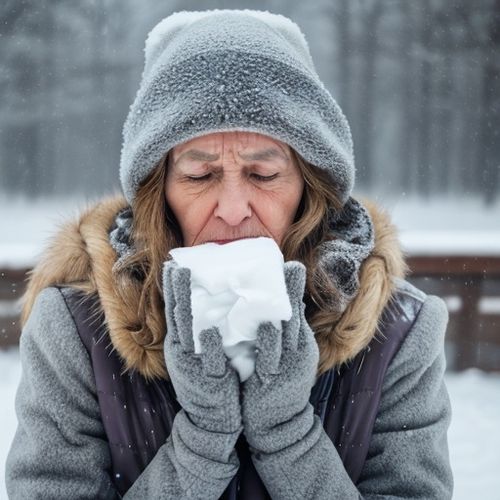
By Christopher Harris/Jan 16, 2025

By Noah Bell/Jan 16, 2025

By Amanda Phillips/Jan 16, 2025

By Victoria Gonzalez/Jan 16, 2025

By Victoria Gonzalez/Jan 15, 2025
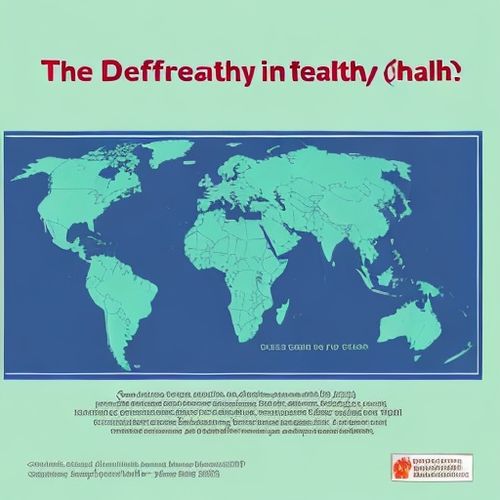
By Samuel Cooper/Jan 15, 2025
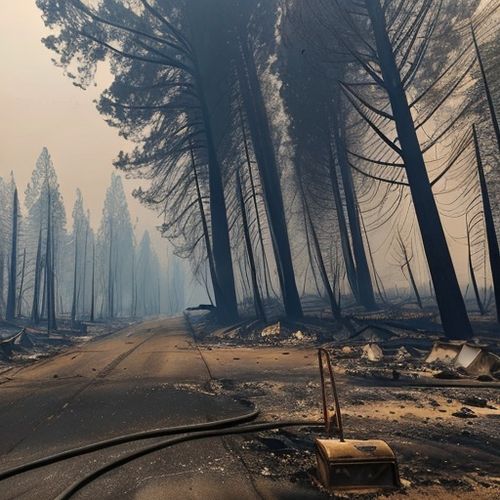
By Rebecca Stewart/Jan 15, 2025

By Benjamin Evans/Jan 15, 2025

By Michael Brown/Jan 15, 2025

By Eric Ward/Jan 15, 2025

By Amanda Phillips/Jan 15, 2025

By William Miller/Jan 15, 2025

By Samuel Cooper/Jan 15, 2025

By James Moore/Jan 15, 2025
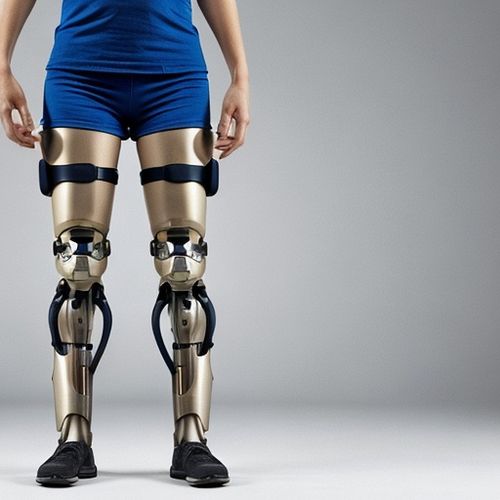
By Sarah Davis/Jan 13, 2025

By Lily Simpson/Jan 13, 2025
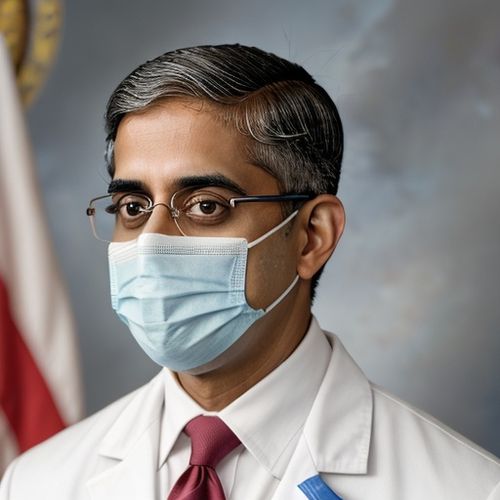
By Sophia Lewis/Jan 13, 2025
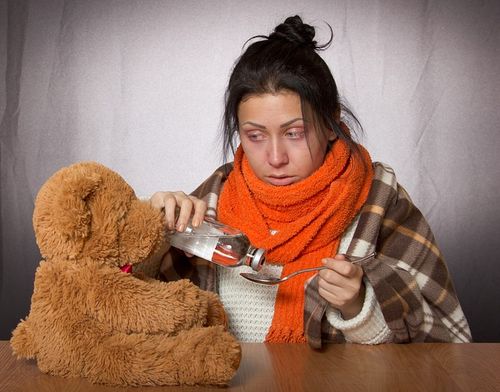
By David Anderson/Jan 13, 2025

By Michael Brown/Jan 13, 2025

By Lily Simpson/Jan 13, 2025